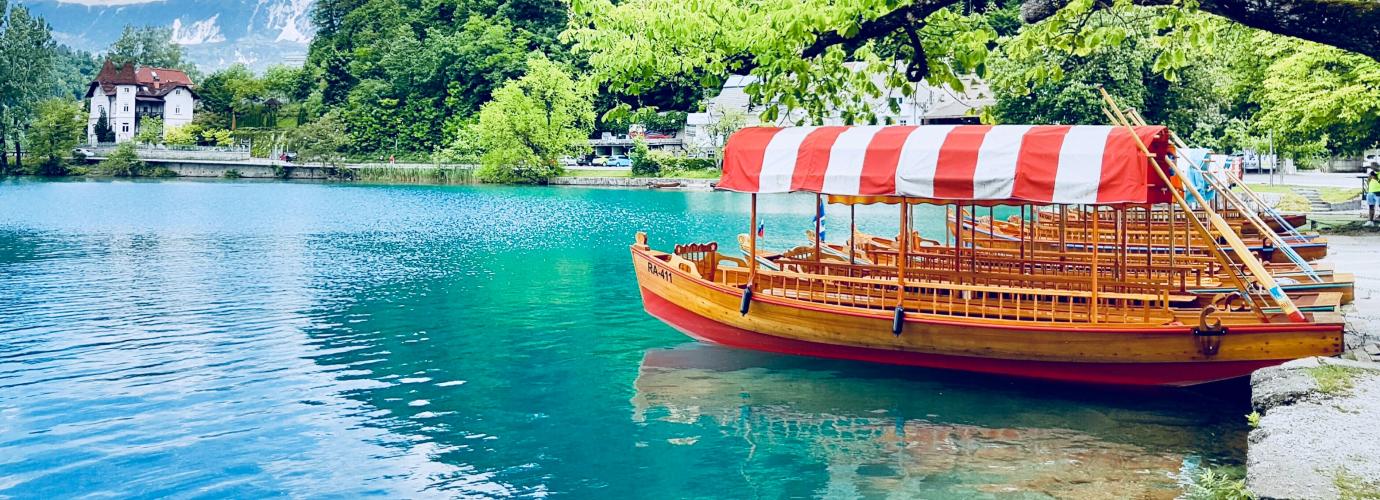The Constitution of the Republic of Slovenia (en) sets out the equal rights and opportunities in education for all irrespective of their race, gender, nationality, social or cultural background, religion, political and other convictions, education, social status, disability, or any other personal circumstances. The the White Paper (1996) lists “equal opportunities and non-discrimination” under principles of the public education system. The core principles, the foundation of the public system of education, of the White Paper (2011) (sl) include fairness and the provision of equal education opportunities in the scope of this principle. Moreover, one adopted several relevant regulations on education, healthcare, elimination of barriers and obstacles in the setting, social and financial aid, employment, and social inclusion. The national and development programmes include solutions relevant to the equal opportunities. The Protection against discrimination Act (en .doc) makes additional provision for equal opportunities. The dimension of equal opportunities is specified exhaustedly for the educational process of children with special educational needs.
The provision of education for children and young people with special educational needs (SEN) is public service; in special circumstances, it may be in private settings without concession or a private institute, and in the form of home schooling.
All sector-specific laws make allowance for the education of the SEN students. The law is completed by:
- Act Regulating the Integrated Early Treatment of Preschool Children with Special Needs (sl)
- Placement of Children with Special Needs Act (en .doc)
- Act on the Intervention for Children and Youth with Emotional and Behavioural disorders in Education (sl)
Those documents represent an important step towards realising the inclusive paradigm. They set out conditions of continuous support to children with special educational needs.
The Act on special rights of members of the Italian and Hungarian national communities in education (sl) specifies the relevant special rights. The members of the Roma community have their special rights set out in the Roma community in the Republic of Slovenia Act (sl). The common legislation in education lays down the rights of disadvantaged or vulnerable students, as well. The regulations all attention to the talented students, migrant students whose first language is not Slovenian, and students with learning difficulties.

